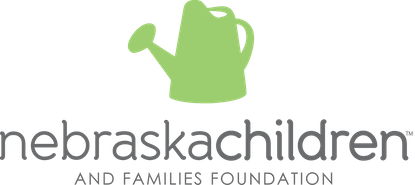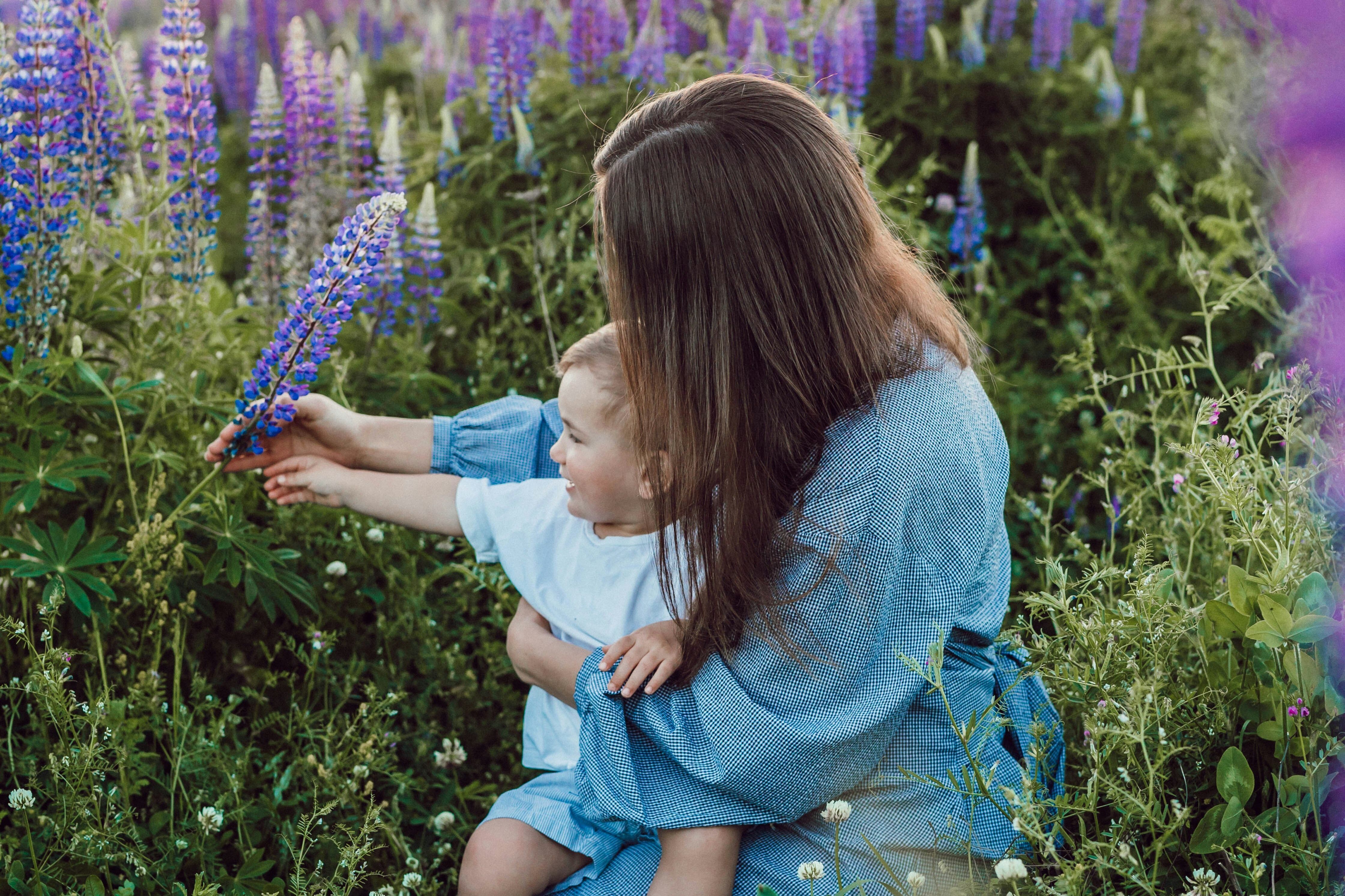Bring Up Nebraska / Community Well-Being
Nebraska Children and Families Foundation in partnership with community collaboratives and state and national partners are proud to announce Bring Up Nebraska, a statewide prevention initiative designed to give LOCAL community partnerships the ability to develop LONG-TERM plans using the LATEST strategies and data to prevent life’s challenges from becoming a crisis for many Nebraska families and children.
Community well-being is the outcome we're working for. Within communities, well-being looks like:
- Physical, mental, emotional health
- Positive parent-child interactions
- Strong and supportive relationships with caregivers and friends
- Active network social institutions that support children and families
- An overall community that supports these characteristics
Often though, when we’re talking about community well-being, we’re referring to the communities that have committed to becoming environments where well-being characteristics can thrive among its population. The Bring Up Nebraska initiative supports these communities with the financial and knowledge resources needed to cultivate the good life for all of Nebraska’s children.
Defining a Bring Up Nebraska community
Bring Up Nebraska communities include a community-owned collaboration that seeks to optimize the prevention of Adverse Childhood Experiences by actively promoting Protective Factors within the community context, and through parent-child interactions. The end goal is to have all families and their communities thrive.
Definitions
Community-owned collaboration
Commitment by government institutions, nonprofit service providers, health care professionals, faith-based organizations, educators and – most importantly – children, young people, and families to work together to improve their community's well-being. At Nebraska Children, we support community-owned collaboration using the Collective Impact process.
Adverse Childhood Experiences (ACEs)
ACEs are encounters that create a high risk to a child’s physical, mental, emotional and relational health in the short term and into adulthood. Preventing ACEs for children can help avoid these dangerous and costly outcomes. According to ACEs Connection, in 2018 19.9% of children had 2 or more ACEs. Click here for more information.
Community context
The community context is the setting in which all community well-being efforts will occur. It refers to the community norms that influence parenting, the openness of parents to seek out help, and the social acceptability of offering parenting help. In a CWB Community, optimizing this community context is a critical part of a successful strategy.
Community Prevention System
A Community Prevention System is the coordinated array of formal and informal services available within the community to address community well-being. These services may be provided through coalitions, agencies, organizations and volunteer groups. Community Well-Being communities work with Nebraska Children to develop strategies to align the work of the community collaborative with the community’s unique challenges, focusing on the well-being indicators that need to improve.
Parent-child interactions
This term refers to family-level dynamics. CWB communities focus efforts on programming that coaches parents on how to interact positively with their children, and that enhance the social competence of children. Read more about strategies to improve Parent Engagement.

